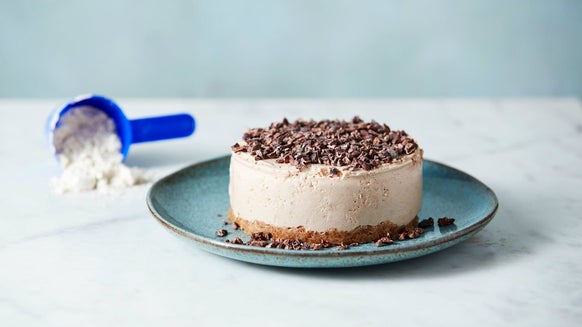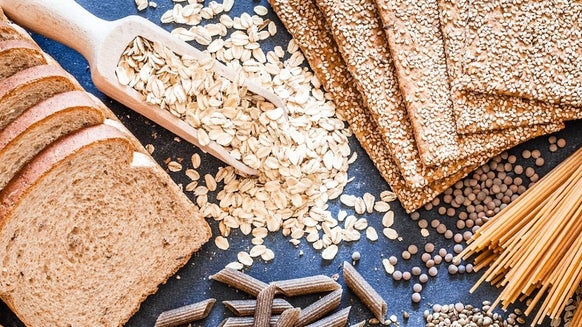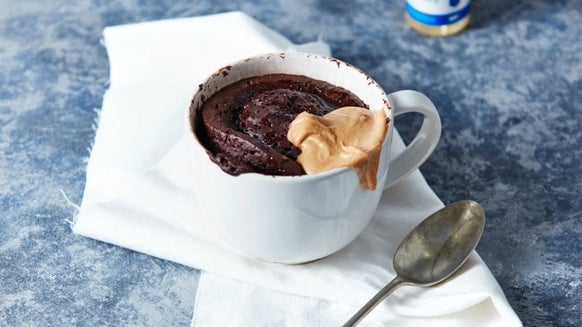Feel Good Foods | 5 Foods To Boost Your Mood

In the winter months, we all tend to feel a little blue with the cold weather and dark mornings.
Keeping your body running effectively is easy when you fuel up with the right foods. These foods tend to be high in a mood-boosting amino acid known as tryptophan, which is a precursor for serotonin in the brain - Serotonin is a neurotransmitter that affects how you are feeling.
#1 Fish
Fish is a great source of healthy fats that can contribute to keeping our skin and nails healthy - however, these omega-3 fats also boost our mood. These fats can improve how a part of the brain - known as the cerebral cortex - functions. This part of the brain is the control centre for our feelings of happiness.
Omega-3 fats can’t be made by the body by itself, and so we have to get sources from our diet. Examples of oily fish that are excellent to eat include sardines and mackerel.
? Tinned fish is easy to transport and eat on-the-go solo, but also tastes great in salads or even a homemade fish pie.
? Try topping your pie with sweet potato for some extra vitamin C!

#2 Citrus fruits
Vitamin C is known to be crucial for iron absorption, and iron absorption is crucial for energy. If you are feeling really tired, one of your ports of call should be to your doctor to get your iron levels checked.
Anaemia is really common and causes you to feel very run down and exhausted which can leave you feeling down in the dumps. Another important function of iron in the body is it is crucial for the production of both serotonin and dopamine. (Kaplan et al. 2007))
This lack of iron can be compounded by poor iron absorption if you are not getting adequate vitamin c in your diet. This vitamin is present in abundance in citrus and brightly coloured fruit and vegetables.
? Try making an orange smoothie by freezing some orange segments in a Ziploc bag and adding them to some fat-free yoghurt then blend!
? Increase the protein content further by adding some orange-cream flavoured Whey Protein to the mix!
#3 Spinach
Spinach can be mood-boosting powerhouse due to the fact it contains something call folate; this is also known as vitamin B9 and is important for serotonin regulation which has a huge impact on how you are feeling.
Folate has also be found in studies to heighten serotonin function in the brain. (Kaplan et al. 2007) This is due to its ability to slow down the destruction of brain tryptophan.
Spinach is also a great source of magnesium , which is a mineral that can be a great contribution to getting a good sleep. Ensuring you get plenty of good quality sleep is vital to keeping your spirits high.
Magnesium has been shown in studies to be essential for over 300 biochemical reactions in the human body, including those responsible for nerve maintenance.
#4 Nuts
Nuts are a great mood boosting food and can also increase brain function. (Lansdowne 1998) they contain good fats but also the amino-acid Tryptophan.
Nuts again, also contain Magnesium
They make a great snack on the go, but it is important to watch your portion sizes as they are a calorie dense food.
Natural nut butters are another great option and make a great snack when paired with some rice cakes or even as an addition to your smoothies!

#5 Mushrooms
Mushrooms can provide a powerful punch of vitamin D. Vitamin D is another important vitamin that is linked to mood in studies. (Lansdowne 1998).
There is a high rate of vitamin D deficiency in the general population, and vitamin D is crucial to a healthy immune system alongside good bone health and a host of other functions necessary to keep your body in good working order (Dusso et al. 2005)
Take Home Message
Eating certain foods certainly has different types of effects on the body - why not experiment by adding more of the above into your diet?
That, and ensuring you're always nicely hydrated with plenty of water!








